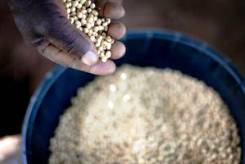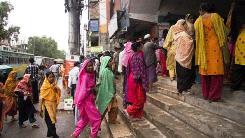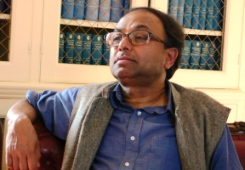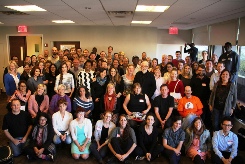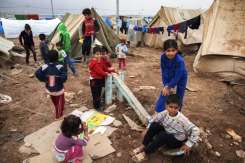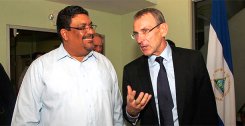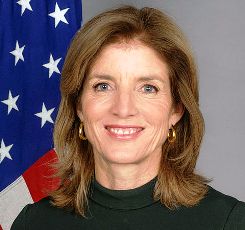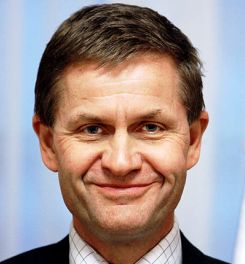By Richard Johnson | IDN-InDepth NewsAnalysis
GENEVA (IDN) – The Swiss Agency for Development Cooperation has come up with a Christmas and New Year gift that has the potential of feeding some 2 billion people around the world. The international cooperation agency, based in Berne, is placing $2.7 million at the disposal of three United Nations agencies – the Food and Agriculture Organization (FAO), the International Fund for Agricultural Development (IFAD) and the World Food Programme (WFP) – to launch a joint project to tackle the global problem of food losses, beginning with pilot programmes in Burkina Faso, the Democratic Republic of the Congo (DRC) and Uganda.

